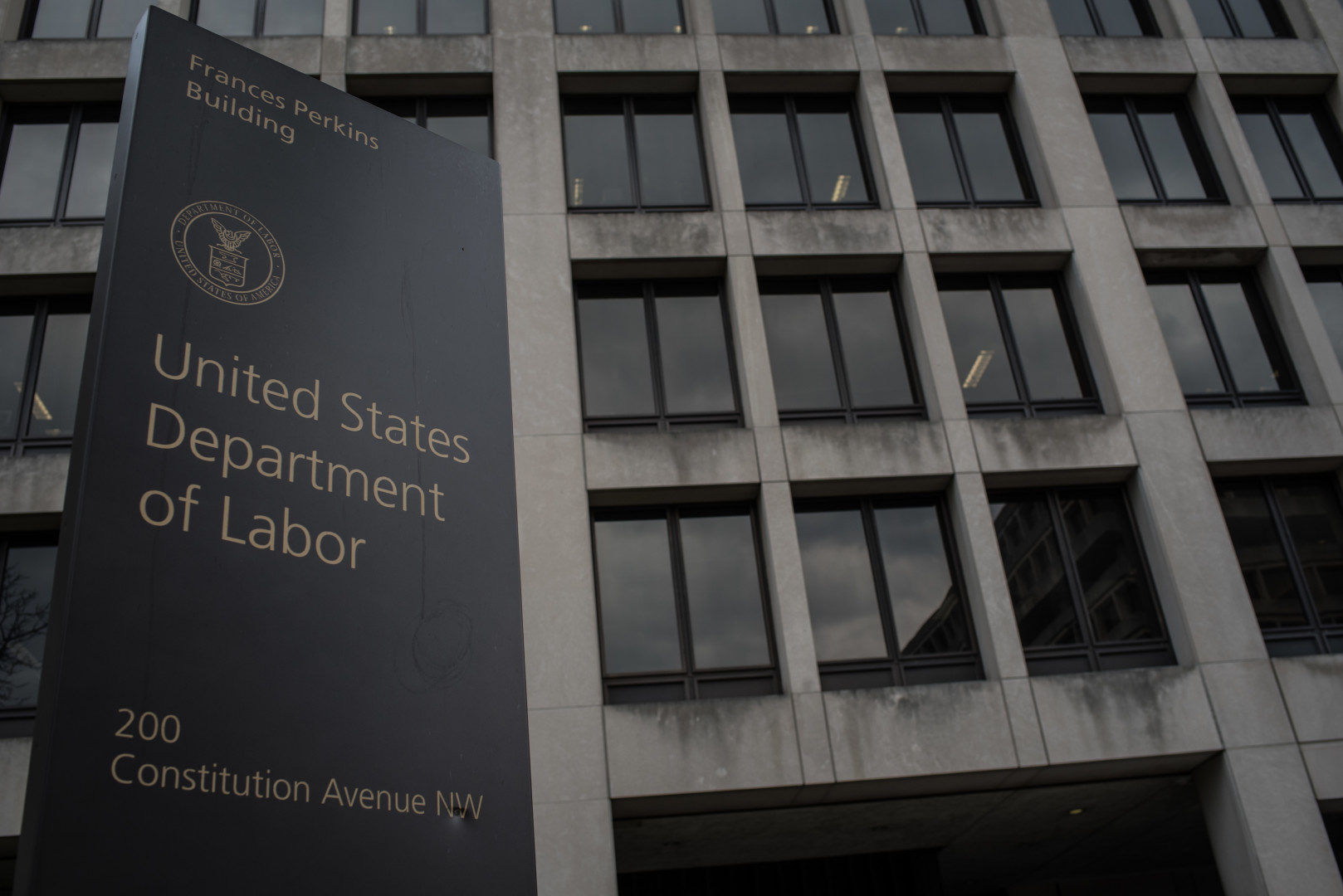Business groups expect two unfinished finance-related initiatives of the Obama administration’s Labor Department — one on overtime, another on investment advice — to be stifled under the incoming Trump administration.
The “fiduciary rule,” aimed at preventing conflicts of interest in the retirement investment advice industry, is on the transition team’s chopping block. Anthony Scaramucci, an economic adviser to President-elect Donald Trump, warned on Nov. 26 that the new administration “will repeal it as soon as we can.”
While that promise hasn’t stopped the financial services industry from attacking in court what they see as a burdensome rule, members of the business community acknowledge that the Trump administration is friendlier to their point of view on this issue.
“We’re still focused on our litigation efforts, as well as any avenues that have opened up because of the election,” Robin Traxler, vice president of regulatory affairs at the Washington-based Financial Services Institute, said in a Dec. 16 interview.
The DOL’s overtime rule, meanwhile, is on the verge of withering away in federal court without overt action by the Trump administration. The rule raises the federally required maximum salary for time-and-a-half payments from $23,660 to $47,892 and it was supposed to take effect on Dec. 1. Days before the effective date, a federal judge ruled in favor of the 21 states that requested a preliminary injunction to block its implementation.
The Obama administration has asked the U.S. Court of Appeals for the Fifth Circuit to hear its appeal of the injunction, but time is running short. Trump’s choice for secretary of labor, Andy Puzder, opposed the rule in a 2014 opinion piece published in The Wall Street Journal. As head of the Labor Department, he could simply drop its defense and leave the injunction in place, wrote Lisa Nagele-Piazza, senior legal editor at Society for Human Resource Management.
The injunction on its own doesn’t kill the rule, and whether it becomes effective will be determined at a later court date. The judge hasn’t set a timetable for that rehearing.
The 115th Congress could also pass a resolution to block the rule. This is one of the favored approaches of the U.S. Chamber of Commerce, which in a Dec. 9 memorandum said that a court decision faulting the rule would make a disapproval resolution “more politically acceptable.”
The Chamber of Commerce is particularly opposed to language in the rule that automatically raises the salary threshold every three years. “The entire regulation should be revised through new rulemaking and the automatic escalator eliminated,” the memo states.
The financial advice industry, meanwhile, is mostly united in its desire to kill the fiduciary rule. A post-election industry poll by the Financial Services Institute found that 86 percent of surveyed financial advisers want the Trump administration to “revoke” the rule.
The group has had multiple calls with the transition team and “they certainly understand our members’ concerns with the rule,” Traxler said.
One of the central complaints about the fiduciary rule is that it circumvented Congress by creating a “private right of action” allowing consumers to sue if advisers violate “best interest” contracts allowed under the regulation.
Observers are waiting to see whether the Labor Department will change isolated aspects of the rule, like the private right of action, or if it guts it entirely.
Tom Donohue, the president and chief executive of the U.S. Chamber of Commerce, wrote in a Dec. 12 blog post that his organization wants “immediate action to undo” the fiduciary rule.

